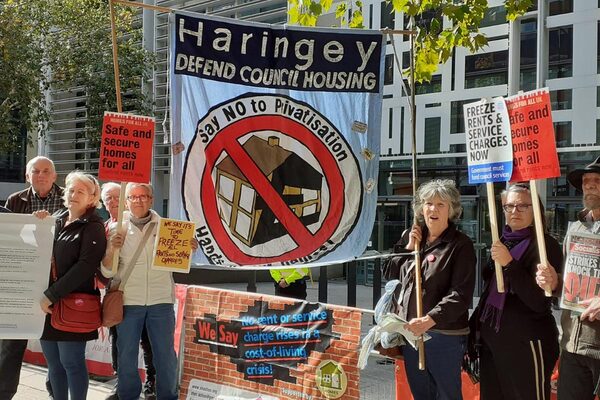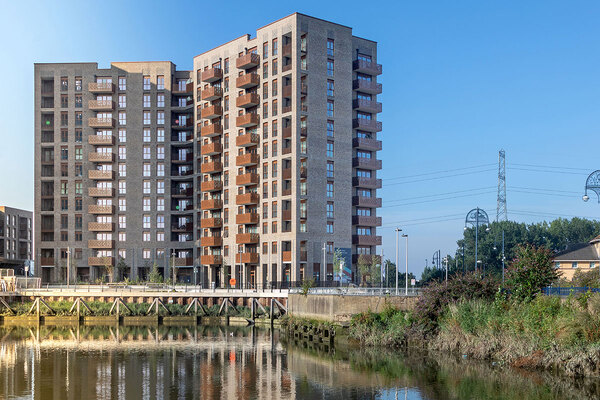South West housing associations warn rent cap proposals could cut development pipeline by 30%
A group of large housing associations based in the South West has warned that proposals to cap social housing sector rents could reduce funding for their development programmes by almost a third.
The regional group, Homes for the South West (H4SW), was responding to a government consultation on setting rent ceilings in the context of soaring inflation and the cost of living crisis, which closed this week.
Social housing rent rises have been capped at the Consumer Price Index (CPI) plus 1%, set each September.
But now, this could equate to an 11% rise for social and affordable rent levels, with the government consulting on three lower options – 3%, 5% or 7%.
H4SW’s 11 members manage around 250,000 homes. The group’s prediction of a 31% reduction in its five-year development pipeline – meaning a loss of just under 7,000 affordable homes, from a total 22,000 – is based on the most severe cap of 3%.
At the government’s preferred level of 5%, 4,708 fewer homes would be developed over five years, the group said.
A 7% cap, meanwhile, would mean 2,621 affordable homes not being built.
Major trade bodies have this week backed the highest available ceiling for rents, with both the Chartered Institute of Housing (CIH) and the National Housing Federation (NHF) coming out in favour of a maximum 7% rise.
Gavin Smart, president of the CIH, said even the 7% cap would mean “difficult decisions” around investment, in the context of development plans, the maintenance of existing stock, the building safety crisis and decarbonisation.
Sector organisations have argued that many associations will hike rents as little as they are able, while offering targeted support for hard-pressed tenants.
“We recognise there are intense pressures on both individual and public finances at the moment, and the difficulty in finding the right balance,” said Victor da Cunha, chair of H4SW and chief executive of Bath-based association Curo.
“It’s vital that social housing tenants don’t face rent increases they will struggle to afford, and all of our organisations are working flat-out behind the scenes to support our residents through this cost of living crisis,” Mr da Cunha added.
“At the same time, we must try to balance this with the future supply of urgently needed new homes for local people – a unique combination of housing prices and income factors make levelling-up a priority in parts of the South West, with several councils already declaring a housing emergency.”
Recent research, carried out for H4SW by the University of the West of England, found that 17,000 new affordable homes are needed annually in the South West.
But according to the group, only 4,159 new affordable homes, more than half of which were delivered by H4SW’s 11 members, were finished in the region in 2020-21.
“As a group, we had planned to invest £4bn to deliver 25,000 new homes [including non-affordable ones] over the next five years, which our projections show would also boost economic growth in the region and sustain 77,000 jobs in construction and the supply chain,” Mr da Cunha said. “As our calculations show, the situation with rents has the potential to significantly curtail this programme.”
He added: “Without government intervention, the region will continue to under-deliver its housing targets and not meet its potential.”
Sign up for our development and finance newsletter
Already have an account? Click here to manage your newsletters












